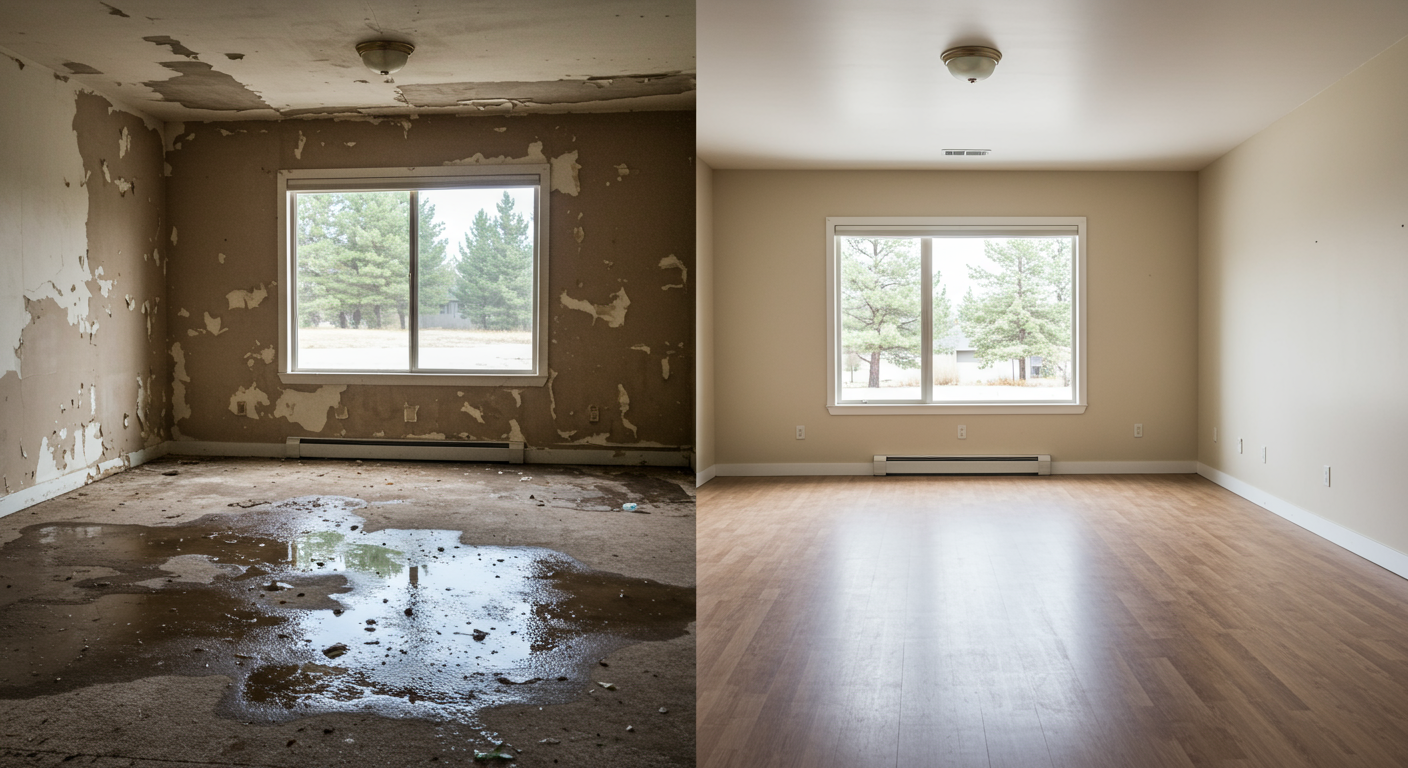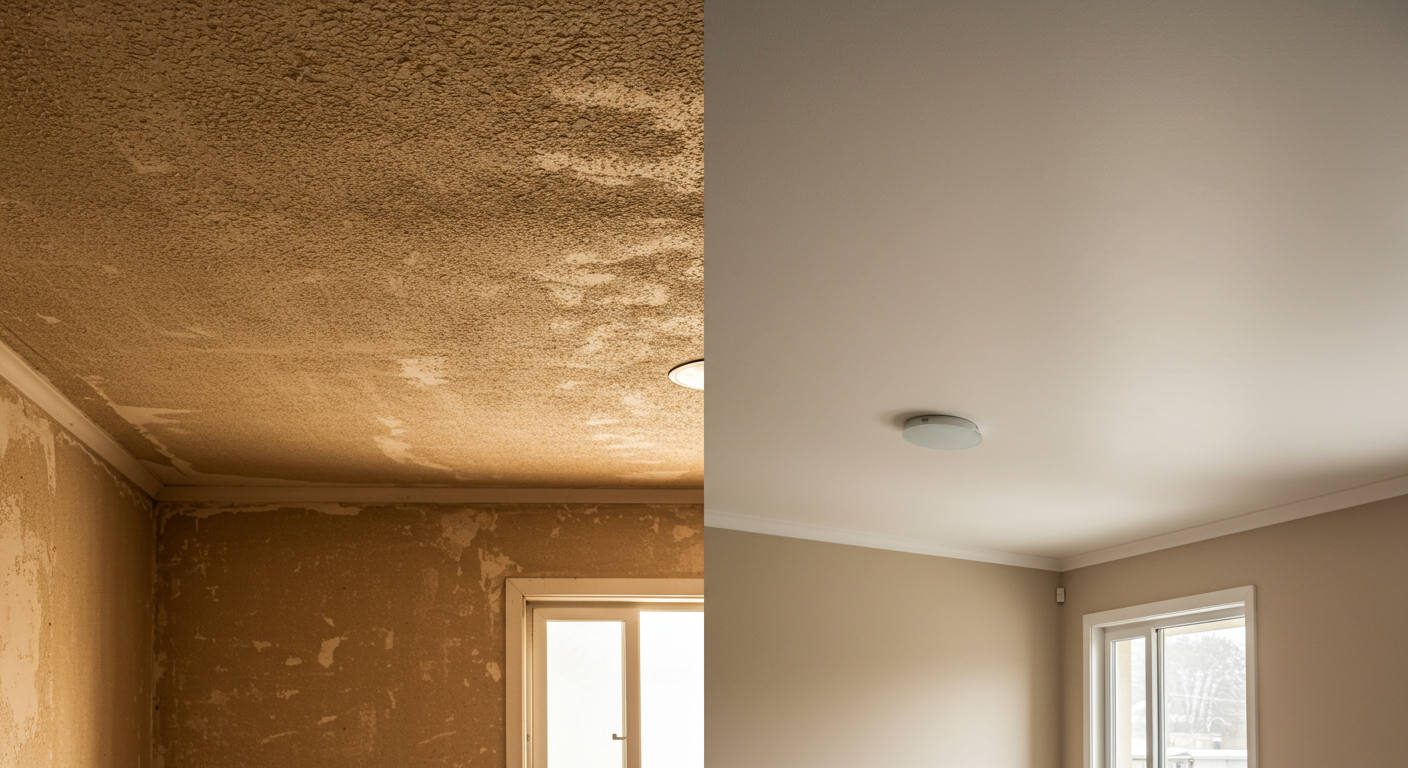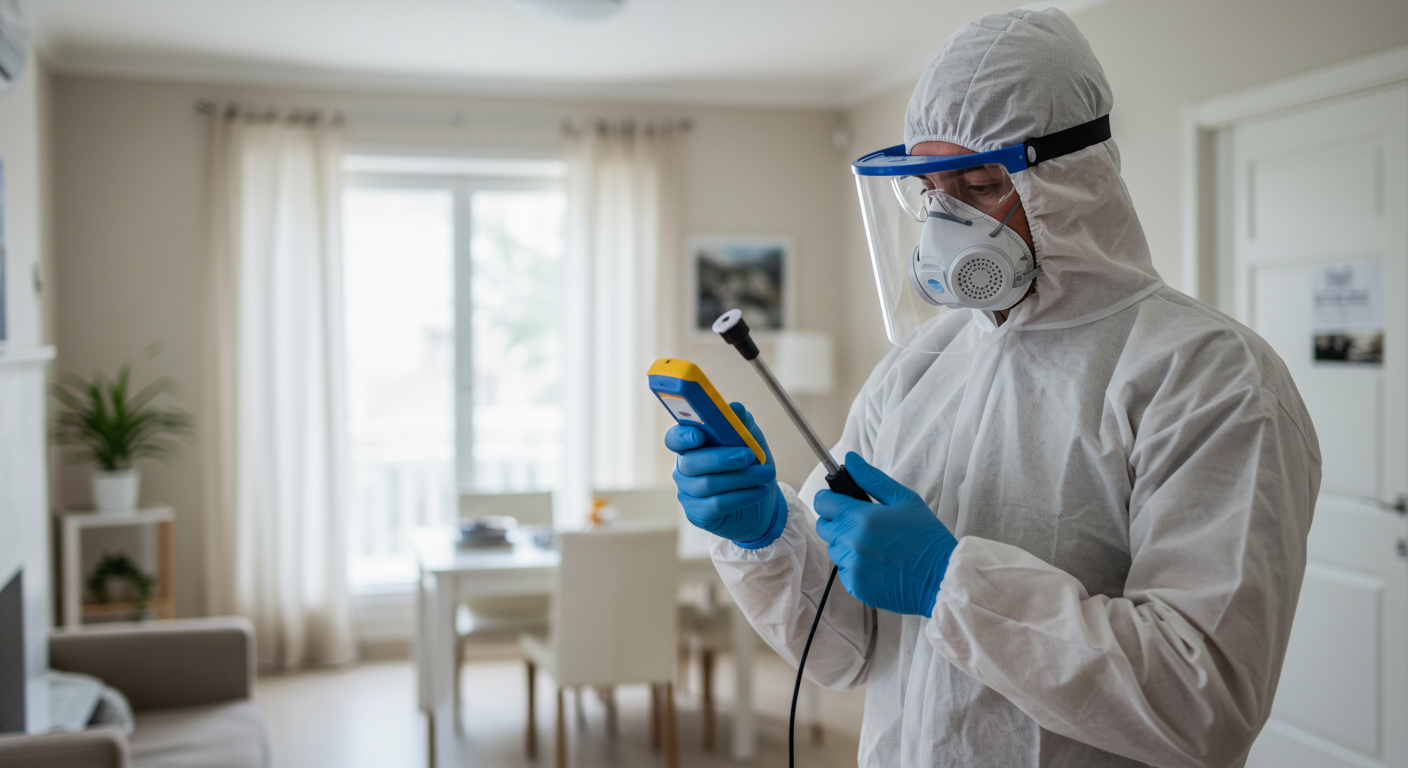Water damage is a common yet critical issue faced by homeowners in Caldwell, ID. Whether caused by natural disasters, plumbing failures, or unforeseen accidents, water damage can lead to severe structural issues and health risks if left untreated. This article delves into the importance of water remediation, the process involved, and how residents in Caldwell can protect their homes and health.
Understanding Water Remediation: Why It’s Crucial for Caldwell, ID Residents
What Is Water Remediation?
Water remediation refers to the process of cleaning, drying, and restoring areas affected by water damage. It involves removing excess water, dehumidifying spaces, and repairing structural damage to prevent mold growth and further deterioration. This comprehensive approach ensures that your home is safe, clean, and habitable after a water-related incident.
In Caldwell, ID, where weather conditions and aging infrastructure can contribute to water damage, professional water remediation services are essential for maintaining property value and ensuring the safety of residents.
Common Causes of Water Damage in Caldwell, ID
Caldwell residents face unique challenges when it comes to water damage. Common causes include:
- Heavy Rainfall and Flooding: Seasonal storms can lead to water pooling around foundations and seeping into basements.
- Burst Pipes: Freezing temperatures during winter can cause pipes to burst, leading to significant water damage.
- Appliance Malfunctions: Faulty washing machines, dishwashers, or water heaters can result in leaks and flooding.
- Roof Leaks: Aging or damaged roofs can allow water to enter during rainstorms.
Understanding these causes can help homeowners take preventive measures to protect their properties.
The Health Risks of Untreated Water Damage
Untreated water damage can pose serious health risks, including:
- Mold Growth: Mold thrives in damp environments and can cause respiratory issues, allergies, and other health problems.
- Bacterial Contamination: Stagnant water can harbor harmful bacteria, posing a risk to your family’s health.
- Structural Weakness: Prolonged exposure to water can weaken walls, floors, and ceilings, increasing the risk of accidents.
By addressing water damage promptly, you can avoid these risks and ensure a safe living environment.
The Water Remediation Process: Step-by-Step Guide
Emergency Response and Damage Assessment
The first step in water remediation is a swift emergency response. Professionals assess the extent of the damage to determine the best course of action. This involves identifying the source of water intrusion, categorizing the water damage (clean, gray, or black water), and creating a tailored remediation plan.
Water Removal and Dehumidification
Once the damage is assessed, the next step is water extraction. High-powered pumps and vacuums are used to remove standing water. Afterward, industrial-grade dehumidifiers and air movers are employed to eliminate moisture from walls, floors, and furniture. This step is crucial to prevent mold growth and further damage.
Restoration and Repairs to Pre-Loss Condition
The final stage involves restoring your property to its pre-damage condition. This may include repairing drywall, replacing flooring, and repainting walls. In severe cases, structural repairs may be necessary. The goal is to ensure your home is fully restored and safe for occupancy.

Preventing Future Water Damage in Your Caldwell, ID Property
Routine Inspections and Maintenance Tips
Regular inspections can help identify potential issues before they escalate. Check for leaks, inspect your roof for damage, and ensure your gutters are clear of debris. Routine maintenance can save you from costly repairs in the long run.
Early Detection of Leaks and Water Pressure Issues
Invest in leak detection devices and monitor your water pressure. Sudden drops in pressure or unexplained increases in your water bill could indicate a hidden leak. Addressing these issues early can prevent extensive water damage.
Preparing for Weather-Related Water Disasters
Caldwell residents should prepare for seasonal storms by sealing windows and doors, installing sump pumps, and elevating appliances in flood-prone areas. Having an emergency plan in place can also help you respond quickly to water-related disasters.
Choosing the Right Water Remediation Service in Caldwell, ID
What to Look for in a Water Remediation Company
When selecting a water remediation service, consider the following factors:
- Experience and Expertise: Choose a company with a proven track record in handling water damage.
- Certifications: Look for certifications from organizations like the IICRC (Institute of Inspection Cleaning and Restoration Certification).
- 24/7 Availability: Water damage can occur at any time, so it’s essential to work with a company that offers emergency services.
Benefits of Hiring Licensed and Insured Professionals
Hiring licensed and insured professionals ensures that the job is done correctly and safely. These experts have the necessary training and equipment to handle water damage effectively, minimizing the risk of further issues.
Why Local Expertise Matters in Caldwell, ID
Local companies understand the unique challenges faced by Caldwell residents, such as weather patterns and common causes of water damage. Their familiarity with the area allows them to provide tailored solutions and faster response times.
For more information on professional services, visit Comprehensive Water Remediation Services in Caldwell, ID | 24/7 Emergency Support.
Conclusion
Water remediation is a critical service for homeowners in Caldwell, ID, ensuring the safety and longevity of their properties. By understanding the causes of water damage, the remediation process, and preventive measures, you can protect your home and health. When disaster strikes, trust local experts to provide comprehensive and reliable water remediation services.
Take the first step toward safeguarding your home—contact a trusted water remediation company in Caldwell, ID, today!


